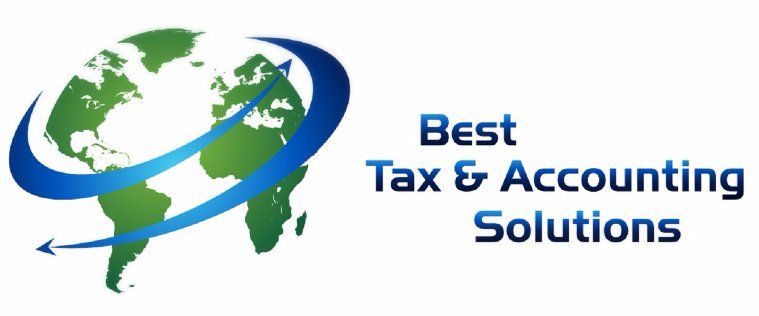VAT Flat rate changes from 1st April 2017
Dated 11 March 2017
Many of our clients who are consultants i.e. service based small businesses providing consultancy services to their clients will be affected by the change to VAT flat rate scheme from 1st April 2017
Usual flat rate percentages applicable to most of these clients are:
Advertising - 11%
Computer and IT consultants - 14.5%
Management consultants 14%
The above percentage is applied to their gross sales each quarter i.e. VAT inclusive. eg. Sale of £100 + £20 VAT, gross sale of £120.
VAT payable to HMRC £120*14.5%, which is £17.40. They get to keep £2.60 of the VAT received from their clients which usually covers vat on various purchases not claimed under standard VAT scheme for that quarter.
The government introduced the flat rate scheme so that it saves time and reduces errors in VAT calculations. In November 2016 the government announced that because of the abuse to the scheme, its implementing a new rate for limited cost traders to counteract the abuse by promoters of tax avoidance schemes.
From 1 April 2017 HMRC is introducing an additional flat rate of 16.5%. This rate will apply to businesses in any sector, but only if they have limited costs.
The existing flat rates will continue to be available for those flat rate businesses that don’t qualify as a limited cost business.
What/who is a Limited cost trader/business?
You’re a limited cost business if the amount you spend on relevant goods including VAT is either:
• less than 2% of your VAT flat rate turnover
• greater than 2% of your VAT flat rate turnover but less than £1000 per year
What are relevant goods?
Relevant goods are goods that are used exclusively for the purposes of your business, but don’t include:
• vehicle costs including fuel, unless you’re operating in the transport sector using your own, or a leased vehicle
• food or drink for you or your staff
• capital expenditure goods of any value
• goods for resale, leasing, letting or hiring out if your main business activity doesn’t ordinarily consist of selling, leasing, letting or hiring out such goods
• goods that you intend to re-sell or hire out, unless selling or hiring is your main business activity
• any services
Examples of relevant goods (On HMRC's website)
This isn’t an exhaustive list:
• stationery and other office supplies to be used exclusively for the business
• gas and electricity used exclusively for your business
• fuel for a taxi owned by a taxi firm
• stock for a shop
• cleaning products to be used exclusively for the business
• hair products to use to provide hairdressing services
• standard software, provided on a disk
Examples of supplies that aren’t relevant goods
This isn’t an exhaustive list:
• accountancy fees, these are services
• advertising costs, these are services
(we will clarify with HMRC is advertising costs incurred by SEO consultants or companies that purchase advertising space for their clients is relevant goods, its clear that regular type of advertising is excluded)
• an item leased/hired to your business, this counts as services, as ownership will never transfer to your business
• food and drink for you or your staff, these are excluded goods
• fuel for a car this is excluded unless operating in the transport sector using your own, or a leased vehicle
• laptop or mobile phone for use by the business, this is excluded as it is capital expenditure.
• anything provided electronically, for example a downloaded magazine, these are services
• rent, this is a service
• software you download, this is a service
• software designed specifically for you (bespoke software), this is a service even if it is not supplied electronically
Its likely that 99% of service based businesses like IT and advertising consultants will be limited cost businesses. (pending clarification of advertising costs above).
These businesses will have to decide either to remove themselves from Flat rate VAT scheme and use standard VAT scheme or continue using the scheme for its simplicity.
In the above example, the VAT due under standard rate is £20 on £100 sale.
If 16.5% flat rate used then the VAT due is £19.80. Not that much difference in VAT due now.
If a business changes to standard VAT scheme, then it will have to ensure that it maintains all its records, each and every receipt and invoice will need to be accounted for. And if a purchase has some private use element then that will need to be accounted for too.
HMRC also tends to do more compliance checks on businesses using standard VAT.
Another factor to bear in mind is that service based businesses especially consultants don't have large amount of purchases which are relevant goods.
It is therefore our view that businesses with smaller turnover not exceeding £150,000 to £230,000 should continue using the flat rate turnover at 16.5% simply to take advantage of the simplicity and reduced admin burden.
click on the arrow to go back
